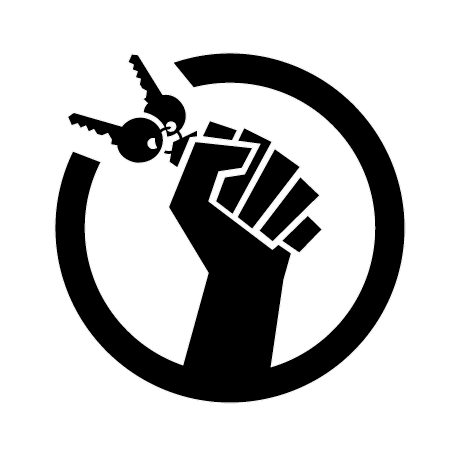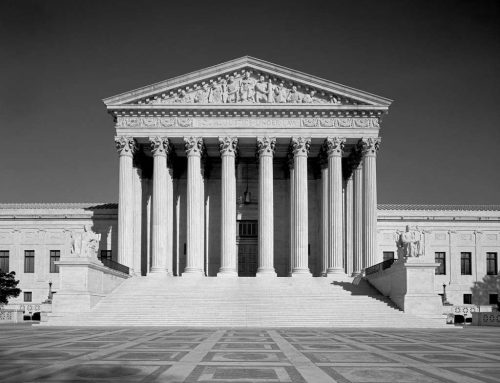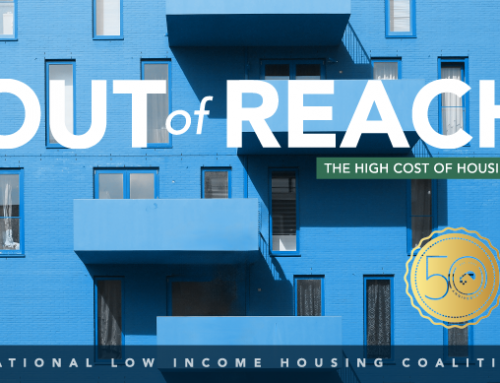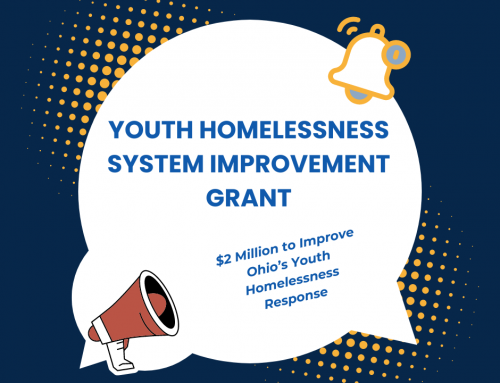COHHIO led the charge this week against state legislation that could give unscrupulous landlords a new tool to intimidate tenants into paying for property damage that may not be their fault.
COHHIO’s Executive Director Bill Faith and Affordable and Fair Housing Coordinator Joe Maskovyak were joined by witnesses from several other groups to speak out against House Bill 282 during a committee hearing at the Statehouse. During his testimony, Faith said the proposal was based on a handful of anecdotes and negative stereotypes about tenants, who comprise one-third of Ohio’s total 4.5 million households. (Gongwer News Service article)
House Bill 282 seeks to increase penalties for damage to a rental property and would require metropolitan housing authorities to ban anyone found guilty from accessing public housing or Section 8 voucher rental assistance for three years.
Faith called the bill “a one-sided approach” that tries to punish tenants for damage they cause to landlords’ property without addressing the damage that negligent and absentee landlords cause to tenants and their communities.
“By passing House Bill 282 bill, the state would be putting the butcher’s thumb on the scales of justice in favor of landlords,” he said. “This legislation will give landlords a powerful new tool to coerce tenants to pay for property damage without even going to court. All a landlord has to do is threaten to have a tenant criminally prosecuted unless they pay for property damage that could have occurred before or after their tenancy or was caused by someone else.”
Maskovyak explained that the legislation is unnecessary because landlords can already keep a tenant’s security deposit and file civil complaints for serious property damage. Furthermore, the kinds of major property damage that the bill is supposedly targeting are already criminal violations of theft and vandalism.
“House Bill 282 inappropriately seeks to insert the criminal justice system into what is rightly a civil matter – a basic commercial transaction between two private parties. The legislation would enable landlords to use prosecutors like their own private attorneys to file property damage cases, prosecute them and secure a judgement in their favor. Then the courts would collect restitution, with the ability to garnish wages, and hand the money over to the landlord,” Maskovyak said. “In effect, we will be instituting a system using taxpayer resources to collect private debts of landlords, and for those unable to pay, we will essentially have created debtors’ prisons.”
Joining COHHIO in opposition to the bill were: Ohio Poverty Law Center, Ohio Housing Authorities Conference, NAMI Ohio, Miami Valley Fair Housing Center, Legal Aid Society of Southwest Ohio, Advocates for Basic Legal Equality, CHN Housing Partners, Neighborhood Housing Services of Greater Cleveland, Student Legal Services, Cleveland Tenants Organization, and the Corporation for Supportive Housing.
The House Financial Institutions, Housing & Urban Development Committee has not yet voted to recommend the full House pass the bill.
COHHIO is encouraging other organizations to join this sign-on letter to express opposition to this spiteful legislation.
